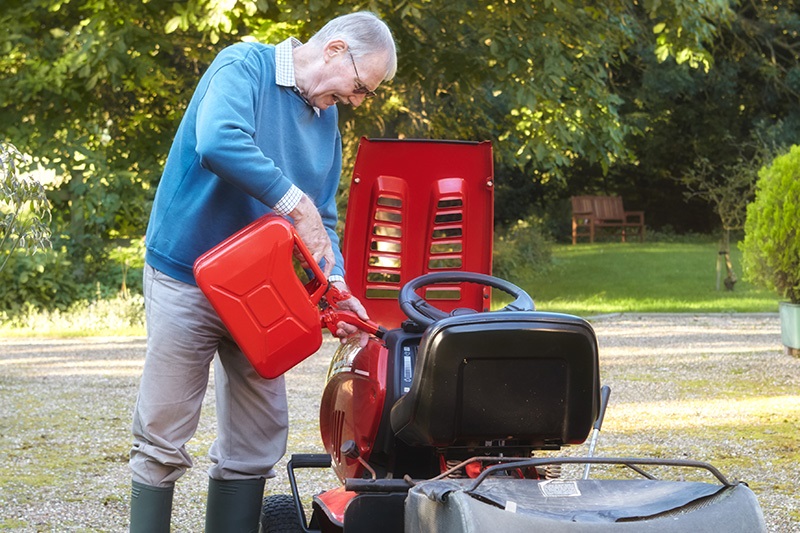In commercial industries such as construction, agriculture, logistics, and emergency services, fuel is an essential resource. Storing and transporting petrol safely requires strict adherence to standards—and that’s where a petrol container comes into play. Using the right container not only protects your workers and equipment but also ensures compliance with legal regulations.
This guide explores the regulations and best practices for using petrol containers in commercial environments.
1. Understanding Petrol Containers
A petrol container is a certified storage unit designed to safely hold and transport petrol. These containers come in various sizes, commonly from 5 liters to 50 liters, with the 20-liter petrol container being the most widely used for commercial applications.
Common Types:
- Steel petrol container – Highly durable and suitable for rugged, industrial use.
- Plastic petrol container – Lightweight and corrosion-resistant, ideal for portable use.
2. Regulatory Compliance for Petrol Containers
Using petrol containers in commercial operations involves strict legal requirements, including:
- Capacity limits: Many regions restrict petrol container sizes for portable use (e.g., 20–25 liters max for manual transport).
- Material standards: Containers must be made of certified steel or high-density polyethylene (HDPE).
- Safety labeling: Containers must be clearly marked with fuel type, flammability warnings, and hazard symbols.
- Ventilation and sealing: Containers should have leak-proof caps and, where required, flame arrestors.
- Transportation compliance: For bulk fuel movements, follow ADR, UN, or local hazardous goods regulations.
Failing to comply with these regulations may lead to fines, operational delays, or even workplace accidents.
3. Best Practices for Commercial Use of Petrol Containers
To maximize safety and efficiency, follow these best practices:
a. Choose the Right Container Size
For small refueling tasks—such as powering generators, pumps, or agricultural machines—a 20-liter petrol container is ideal. For larger fuel demands, consider using a combination of containers and bulk storage solutions.
b. Proper Filling and Sealing
- Avoid overfilling; leave space for expansion (typically 5–10%).
- Always tighten caps securely to prevent leaks.
- Use approved funnels or pumps when transferring petrol.
c. Storage Guidelines
- Store petrol containers in a cool, well-ventilated area.
- Keep away from heat sources and direct sunlight.
- Use proper shelving or racks to avoid accidental tipping.
d. Safe Transportation
- Secure containers in vehicles to prevent movement.
- Do not transport petrol containers in enclosed passenger areas.
- Carry fire extinguishers and spill kits during transit.
e. Regular Inspection
Inspect petrol containers periodically for:
- Cracks or dents
- Faded labeling
- Worn-out seals or gaskets
Replace damaged containers immediately to maintain compliance and safety.
4. When to Use Petrol Containers Commercially
Petrol containers are widely used in:
- Construction and roadwork projects
- Agricultural and forestry operations
- Emergency disaster relief setups
- Remote site operations where fuel deliveries are limited
Their portability and ease of use make them indispensable for short-term and mobile fuel requirements.
5. Environmental and Safety Considerations
Improper handling of petrol can lead to serious environmental hazards. To minimize risks:
- Use spill-proof nozzles and funnels.
- Follow proper waste disposal methods for old containers.
- Avoid storing containers near water sources or drains.
These measures protect not only your workforce but also the surrounding environment.
Conclusion
A petrol container is more than just a storage vessel—it’s a crucial tool for safe, compliant, and efficient fuel management in commercial operations. By following regulations and adopting best practices such as proper storage, regular inspections, and safe transportation, you can minimize risks and maximize operational safety.
At GoldRock InfraTech, we provide premium-grade steel and plastic petrol containers tailored for industrial and commercial needs. Our products meet industry standards to ensure long-lasting performance and full compliance with safety regulations.

